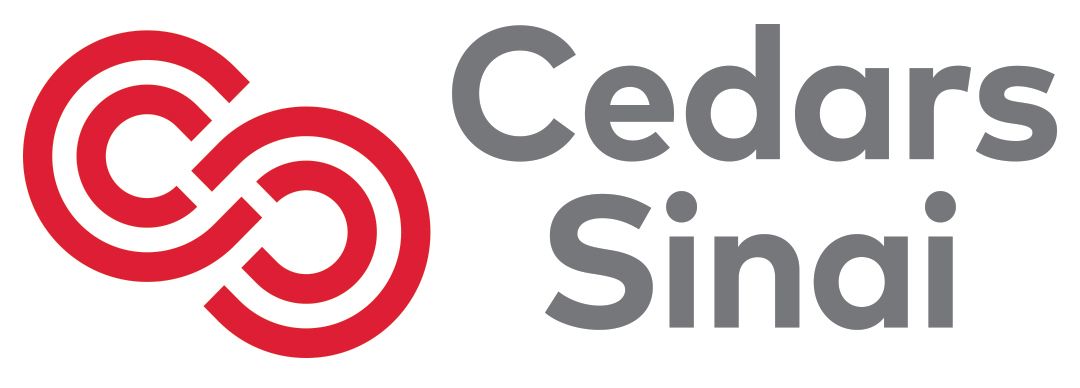
Dr Yuan on the Investigation of Adjuvant CDK4/6 Inhibition in Breast Cancer

Yuan Yuan, MD, PhD, discusses key research evaluating adjuvant CDK4/6 inhibition in breast cancer.
Yuan Yuan, MD, PhD, professor, director, Breast Medical Oncology Medicine, medical director, Breast Oncology Disease Research Group, Cedars-Sinai Medical Center, Health Sciences Clinical Professor, University of California, Los Angeles, discusses key research evaluating the efficacy and safety of CDK4/6 inhibitors in the adjuvant setting for patients with breast cancer, as presented at a recent OncLive® State of the Science Summit, which she chaired.
Niki Patel, MD, of Cedars-Sinai Cancer, discussed the utilization of CDK4/6 inhibitors in the post-surgical setting for breast cancer patients, Yuan begins. In her presentation, Dr Patel primarily focused on 2 practice-changing phase 3 randomized trials: the phase 3 monarchE (NCT03155997) and NATALEE (NCT03701334) trials. Findings from the monarchE trial, which led to the FDA approval of abemaciclib (Verzenio) in this context, has provided significant insights into this agent’s efficacy in the adjuvant setting, she explains. In contrast, the data from the NATALEE trial evaluating adjuvant ribociclib (Kisqali) have been presented for 2 consecutive years at major conferences, Yuan states.
One key distinction between the patient populations in these trials is that patients with clinically node-negative disease were not included in monarchE, Yuan highlights. Accordingly, monarchE's data cannot be applied to this patient population. However, data from NATALEE are relevant for high-risk, node-negative patients, particularly those with T2 tumors (2 cm or larger), Yuan states. She notes that the FDA approval for ribociclib in this setting is still pending, and the follow-up period for the NATALEE trial remains relatively short, she emphasizes.
Patel expressed a particular interest in the subset analysis of high-risk, node-negative T2 patients, given the clinical impact of the NATALEE trial, Yuan begins. Previously, such patients would have completed chemotherapy and subsequently started endocrine therapy. Now, they face an additional 3 years of treatment, leading to concerns about adverse effects such as hair thinning and fatigue, she states. The absolute benefit of this extended treatment regimen for individual patients remains unclear, and must be fully elucidated through continued research, Yuan concludes.



































